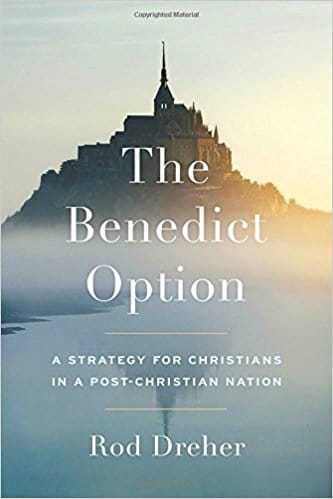Podcast: Play in new window | Download (Duration: 45:19 — 31.1MB) | Embed
Subscribe: Apple Podcasts | Spotify | Amazon Music | Android | Pandora | iHeartRadio | JioSaavn | Podchaser | Gaana | Podcast Index | Email | TuneIn | Deezer | Anghami | RSS | More
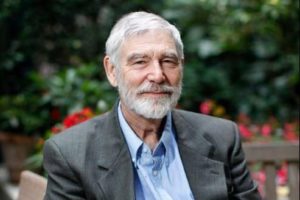
What a delight to talk once again with Michael O’Brien. His prolific novels have become modern-day classics in Catholic literature. In this episode, we discuss the transcendent nature of beauty and prayer as experienced in The Art of Michael D. O’Brien, published by Ignatius Press. During our conversation, he also reflects on the exceptional challenges we now face throughout the world. We absolutely love his work and could not recommend it more highly.
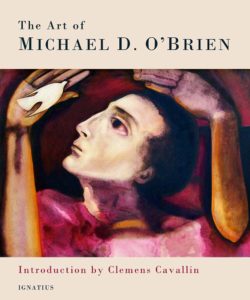 You can find the book here
You can find the book here
From the book description:
In this book, Michael O’Brien presents many of his stunning works of art. His vibrancy, originality, and variety are on display in more than 120 full-page, full-color reproductions of his paintings and Byzantine-style icons. Also included are some of his drawings and other works in black and white. O’Brien’s pieces are introduced by Dr. Clemens Cavallin of the University of Gothenburg, Sweden, who analyses the artist’s influences, principles, and unique style. In O’Brien’s preface, he explains his development as a visual artist and his philosophy of sacred art.
“Freed from stylistic and formal fads, Michael O’Brien’s images arrest viewers in the here and now before propelling them into the depths of spirituality. His story recalls that of Fra Angelico—living Truth while painting Truth.”
—Elizabeth Lev, Art Historian and Author, How Catholic Art Saved the Faith
“O’Brien’s time spent as a writer of Byzantine icons has influenced all his work: these pieces are indeed ‘windows to heaven’.”
—Sally Read, Poet and Author, Night’s Bright Darkness: A Modern Conversion Story
“Those of us who know Michael O’Brien’s fiction will delight in this volume of his art. His work is quintessentially personal, in the sense that it incarnates the extraordinary vision of this marvelous man.”
—Joseph Pearce, Author, Literature: What Every Catholic Should Know

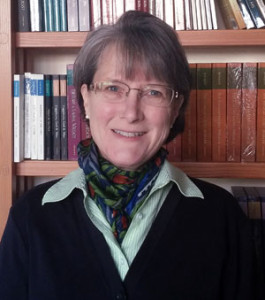
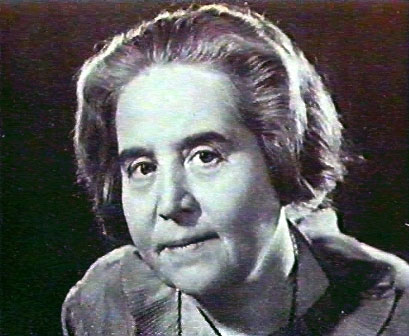
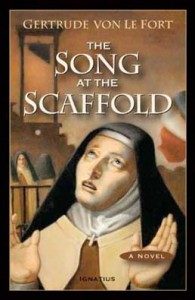
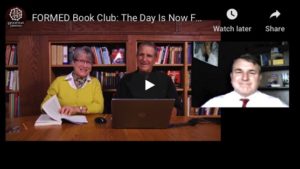 We continue our exploration of Robert Cardinal Sarah’s “The Day Is Now Far Spent”—a tour de force response to the present darkness in the Church.
We continue our exploration of Robert Cardinal Sarah’s “The Day Is Now Far Spent”—a tour de force response to the present darkness in the Church.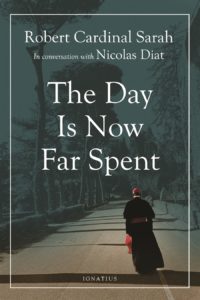



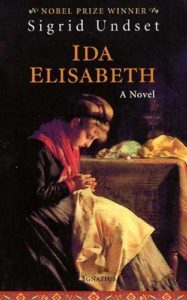
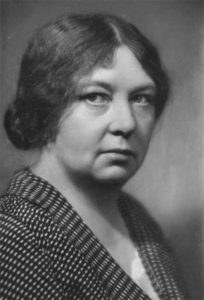 “Undset is a realist in the truest sense of the word. She sees the real world in which people face the bitter consequences of selfish choices and in which suffering is unavoidable and yet potentially redemptive. In her acclaimed historical fiction, Undset shows us that the acceptance of suffering is the beginning of wisdom and also, paradoxically, the path to peace and lasting joy.”
“Undset is a realist in the truest sense of the word. She sees the real world in which people face the bitter consequences of selfish choices and in which suffering is unavoidable and yet potentially redemptive. In her acclaimed historical fiction, Undset shows us that the acceptance of suffering is the beginning of wisdom and also, paradoxically, the path to peace and lasting joy.”

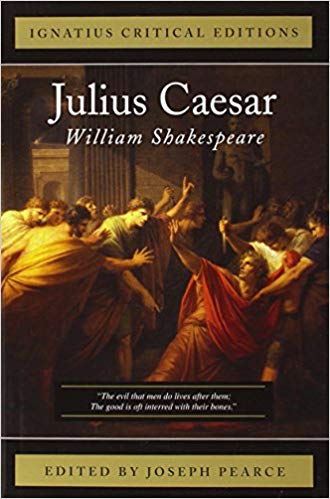
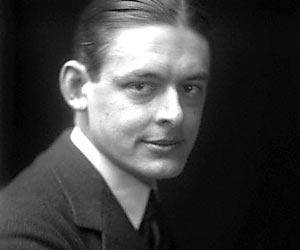 “Eliot’s place as a poet of the highest stature is assured. The Waste Land is the quintessential debunking of modernity and is also, simultaneously, a potent antidote to the poison of postmodernism.”
“Eliot’s place as a poet of the highest stature is assured. The Waste Land is the quintessential debunking of modernity and is also, simultaneously, a potent antidote to the poison of postmodernism.”
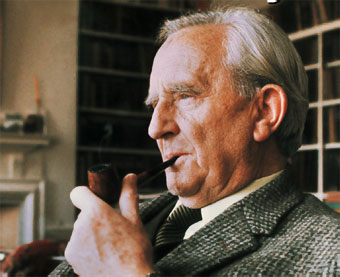 unseen hand of providence felt by the reader. In his mythical creations or sub-creations, as he would call them, he shows how the unseen hand of God is felt far more forcefully in myth than it is ever felt in fiction. Paradoxically, fiction works with facts, albeit invented facts, whereas myth works with truth, albeit truth dressed in fancy disguises. Furthermore, since facts are physical and truth is metaphysical, myth, being metaphysical, is spiritual.”
unseen hand of providence felt by the reader. In his mythical creations or sub-creations, as he would call them, he shows how the unseen hand of God is felt far more forcefully in myth than it is ever felt in fiction. Paradoxically, fiction works with facts, albeit invented facts, whereas myth works with truth, albeit truth dressed in fancy disguises. Furthermore, since facts are physical and truth is metaphysical, myth, being metaphysical, is spiritual.”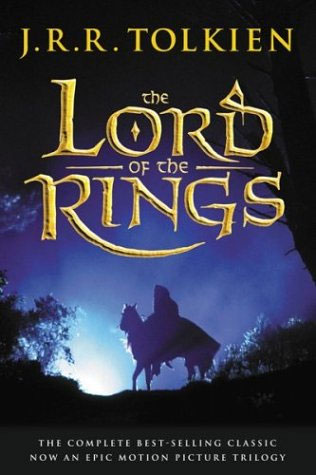 Joseph Pearce is currently the Writer-in-Residence and Visiting Fellow at Thomas More College of Liberal Arts in Merrimack, New Hampshire. He is also Visiting Scholar at Mount Royal Academy in Sunapee, New Hampshire. He is also Visiting Scholar at Mount Royal Academy in Sunapee, New Hampshire. He is co-editor of the Saint Austin Review (or StAR), an international review of Christian culture, literature, and ideas published in England (Family Publications) and the United States (Sapientia Press). He is also the author of many books, including literary biographies of Solzhenitsyn, J. R. R. Tolkien, C. S. Lewis, G. K. Chesterton, and Oscar Wilde.
Joseph Pearce is currently the Writer-in-Residence and Visiting Fellow at Thomas More College of Liberal Arts in Merrimack, New Hampshire. He is also Visiting Scholar at Mount Royal Academy in Sunapee, New Hampshire. He is also Visiting Scholar at Mount Royal Academy in Sunapee, New Hampshire. He is co-editor of the Saint Austin Review (or StAR), an international review of Christian culture, literature, and ideas published in England (Family Publications) and the United States (Sapientia Press). He is also the author of many books, including literary biographies of Solzhenitsyn, J. R. R. Tolkien, C. S. Lewis, G. K. Chesterton, and Oscar Wilde.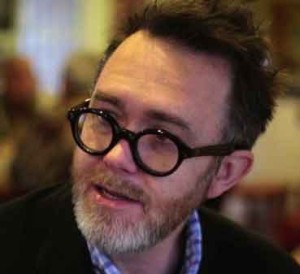
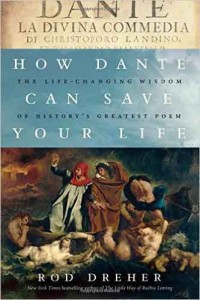
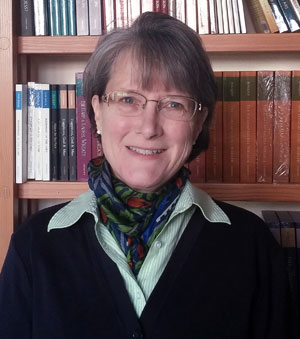
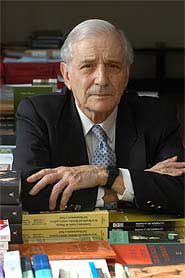
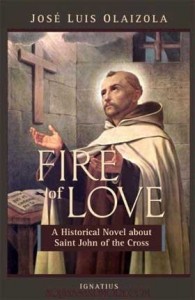
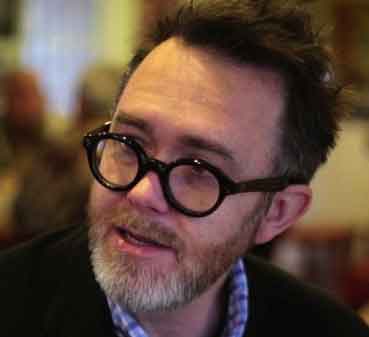 We could not be more enthusiastic about bringing forward any book this year than we are with Rod Dreher’s ” The Benedict Option: A Strategy for Christians in a Post-Christian Nation”! Relying on the wisdom of St. Benedict of Nursia, Rod suggests that the answer to the moral chaos that has affected our culture is to embrace the principles of order, hospitality, stability, and prayer. These core attributes can become solid foundations of all Christians—Protestant, Catholic, Orthodox—and can transform our lives, families and the culture that surrounds us. “Neither false optimism nor fatalistic despair will do” as so well stated in the book description “Only faith, hope, and love, embodied in a renewed church, can sustain believers in the dark age that have overtaken us. These are the days for building strong arks for the long journey across a sea of night.” Highly recommended!
We could not be more enthusiastic about bringing forward any book this year than we are with Rod Dreher’s ” The Benedict Option: A Strategy for Christians in a Post-Christian Nation”! Relying on the wisdom of St. Benedict of Nursia, Rod suggests that the answer to the moral chaos that has affected our culture is to embrace the principles of order, hospitality, stability, and prayer. These core attributes can become solid foundations of all Christians—Protestant, Catholic, Orthodox—and can transform our lives, families and the culture that surrounds us. “Neither false optimism nor fatalistic despair will do” as so well stated in the book description “Only faith, hope, and love, embodied in a renewed church, can sustain believers in the dark age that have overtaken us. These are the days for building strong arks for the long journey across a sea of night.” Highly recommended!